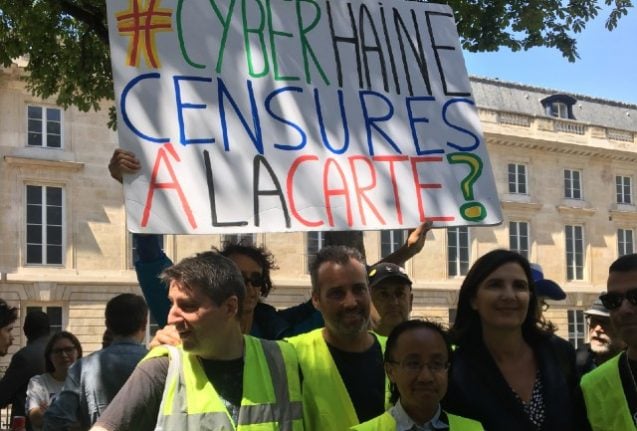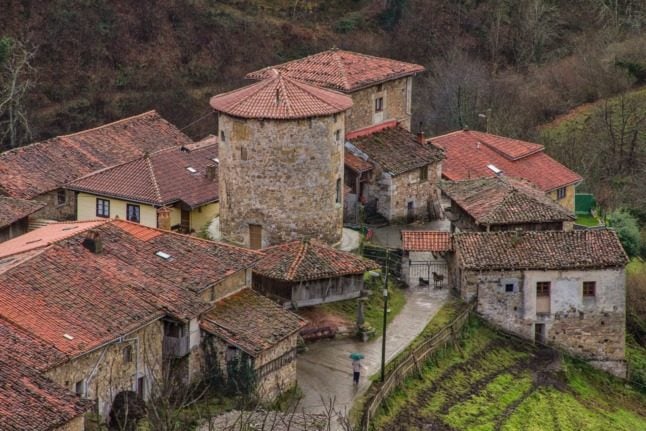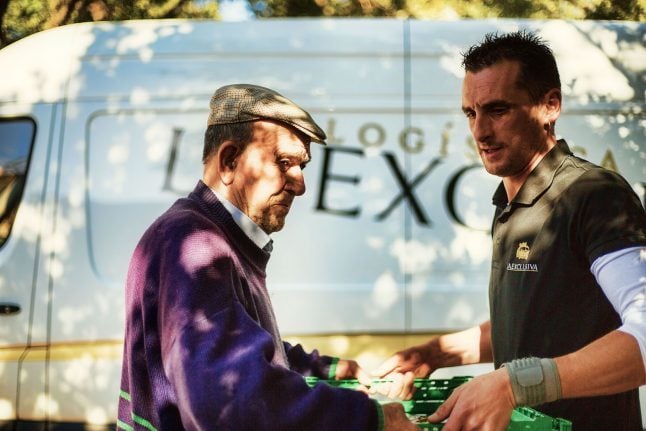Members of the lower house of parliament voted by 31 in favour to six against to adopt the first article of the bill tabled by President Emmanuel Macron's party, which is modelled on a similar German law.
Laetitia Avia, a MP for Emmanuel Macron's ruling La Republique en Marche party, proposed the law that would give online platforms 24 hours to remove hate speech.

MP Laetitia Avia speaking in parliament. Photo: AFP
If it was not removed within 24 hours of being flagged, the company would face fines of up to €1.25 million.
“We should not tolerate on the internet what we do not tolerate on the street,” Laetitia Avia told parliament on Wednesday, adding that she herself could no longer bear being racially abused by social media trolls.
Critics say the law places too much power in the platforms' hands by making them arbiters of online speech.
MPs debated the bill late into the night Wednesday to try to agree on what constitutes “obviously hateful” messages or videos.
They agreed to include condoning crimes against humanity, but not hateful comments about the state of Israel.
A final vote on the full text is expected next Tuesday.
The law has had something of a stormy passage with members of the public, many of whom protested outside the French parliament; claiming it would restrict freedom of speech.
More than 100 people – many sporting yellow vests – assembled in Place du President-Edouard-Herriot to voice their opposition.
One man told The Local that the freedom of the 'yellow vest' protest movement was threatened by the proposed new law.
He said: “We are already being excluded and our voices are still unheard to this day. This law will give many the upper hand to automatically block the objections of the yellow vest protestors online.”
An elderly man proudly sporting a tricolore hat asked: “Why should we support a law that prevents men and women from expressing their opinions?”
An elderly woman echoed this sentiment. “I am 100 percent against this bill,” she said. “I stand here to defend freedom of speech. We have always been free in France, and I will never understand why they would like to enforce a law that goes against this.”




 Please whitelist us to continue reading.
Please whitelist us to continue reading.
Member comments